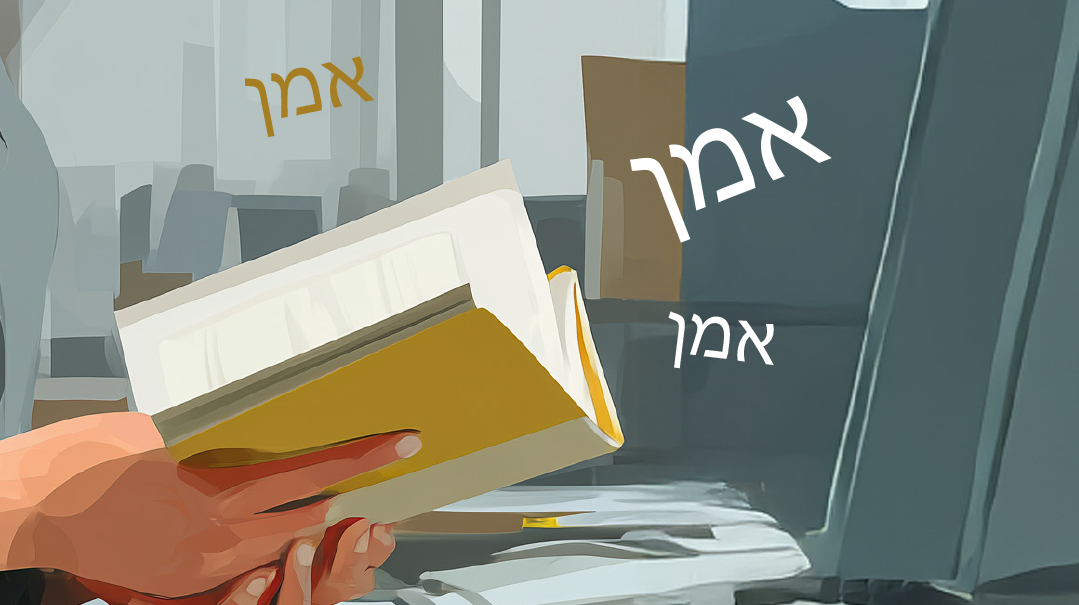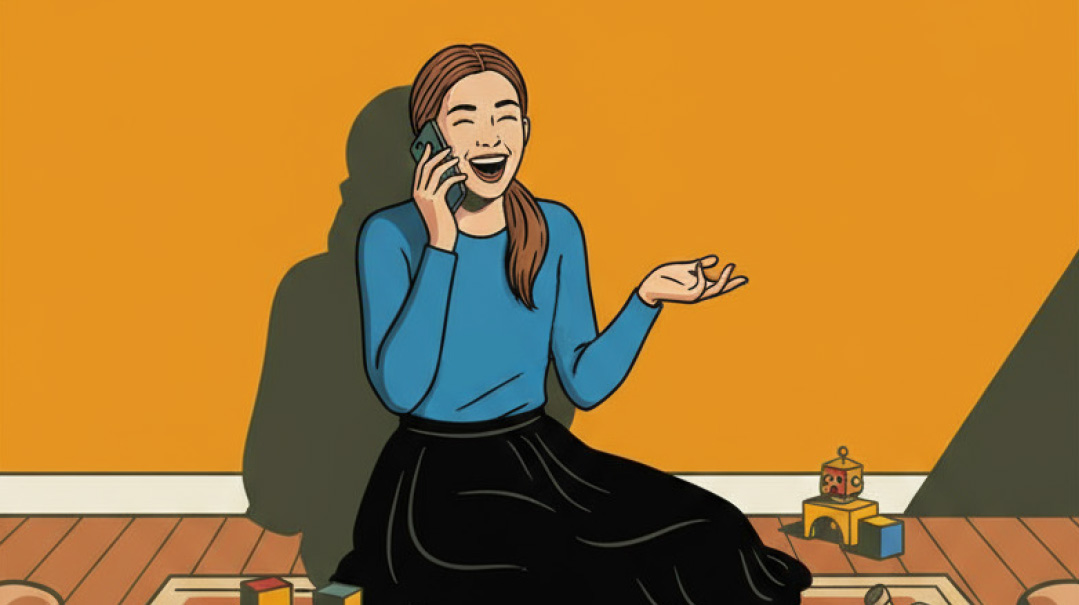Fired Up

Fire and flames in halachah

Prepared for print by Faigy Peritzman
As a seminary girl, I plan to spend every evening of Chanukah visiting a different family. May I be yotzei with each one of them for Chanukah lights?
You can only fulfill your Chanukah lights obligation if you light, or participate in the lighting, at the home in which you will sleep that night. A seminary girl cannot fulfill her obligation by merely eating dinner and lighting (or participating in the lighting) in that home.
My teenage daughters want to light their own Chanukah lights, but my husband says this isn’t permitted. Yet, I know many girls do this. Who is correct?
From a halachic perspective, it is clearly permitted for single (Ashkenazi) girls, of any age, to light their own individual Chanukah lights at the home of their parents. In practice there are different customs — some families allow their daughters of all ages to light, while others only permit girls who are below the age of bas mitzvah. Follow your family custom.
On Friday night, we realized that one of the kids left the toaster oven on. While this didn’t seem to be an immediate danger, I was concerned that the toaster oven will overheat overnight and cause a fire. Am I allowed to call a non-Jew to turn it off?
Yes, you may. If there is even a remote possibility of the toaster oven overheating and causing a fire, even though it does not appear imminent, it is permitted to directly ask a non-Jew to turn off the oven.
I recently gave birth and was in the hospital over Shabbos. The staff did not allow me to light Shabbos candles, instead offering me an electric candelabra. Am I yotzei hadlakas neiros with that?
Yes, you are yotzei hadlakas neiros with lighting an electric candelabra, or any other electric light (including a fluorescent or an LED bulb) that you light specifically for Shabbos. There are, however, conflicting views among contemporary poskim whether or not the brachah is recited over electric candle lighting, so unless you have a specific custom otherwise, it is recommended not to recite the brachah over electric candles.
This past Yom Kippur was very windy, and all the neighbors were knocking on each other’s doors to see if anyone had a lit candle from before Yom Kippur with which to make Havdalah. I don’t know why we can’t just light the Havdalah candle as we normally do on Motzaei Shabbos.
On a standard Motzaei Shabbos, the Havdalah candle is lit to commemorate the original fire invented by Adam Harishon on that night, so we recite the brachah on newly created fire. The Havdalah candle on Motzaei Yom Kippur, however, is meant to demonstrate that despite having a lit fire in our home over Yom Kippur, we were unable to use that fire for food preparation (unlike on a regular Yom Tov when we are permitted to use fire to prepare food), and we are only going to use the fire now that Yom Kippur is over.
We recently bought an outdoor grill and were excited to start using it often. But the first night when we fired up the grill, a neighbor came by and forced us to extinguish it, saying the smell and smoke bothered him. Are we required to honor that within our own private backyard?
You are not required to honor your neighbor’s request if you are making a barbecue in your own private back yard and you are not breaking any local ordinances which may restrict barbecues to certain locations only.
We had a minor fire in our backyard that also damaged our neighbor’s trash cans. Are we required to replace them?
If the fire on your property began due to no fault of your own, and once it was ignited you were unable to contain it, then you would be exempt from any damage that it may have caused. But if you began a fire that you were hoping to contain (under normal weather conditions) but then were unable to do so, then you would be responsible to pay for your neighbor’s trash cans.
My grandmother never allowed us to place candles on birthday cakes, saying it was forbidden. Is this something I’m supposed to follow?
Placing candles on a birthday cake is not a Jewish custom, and there is no compelling reason for anyone to celebrate their birthday in this manner. If, however, someone insists that this how he wishes to celebrate his birthday, it is not forbidden to do so. (Note, however, that many people avoid blowing out the candles with their mouth, since according to the Kabbalah of the Arizal, it is inappropriate to do so.)
(Originally featured in Family First, Issue 820)
Oops! We could not locate your form.







